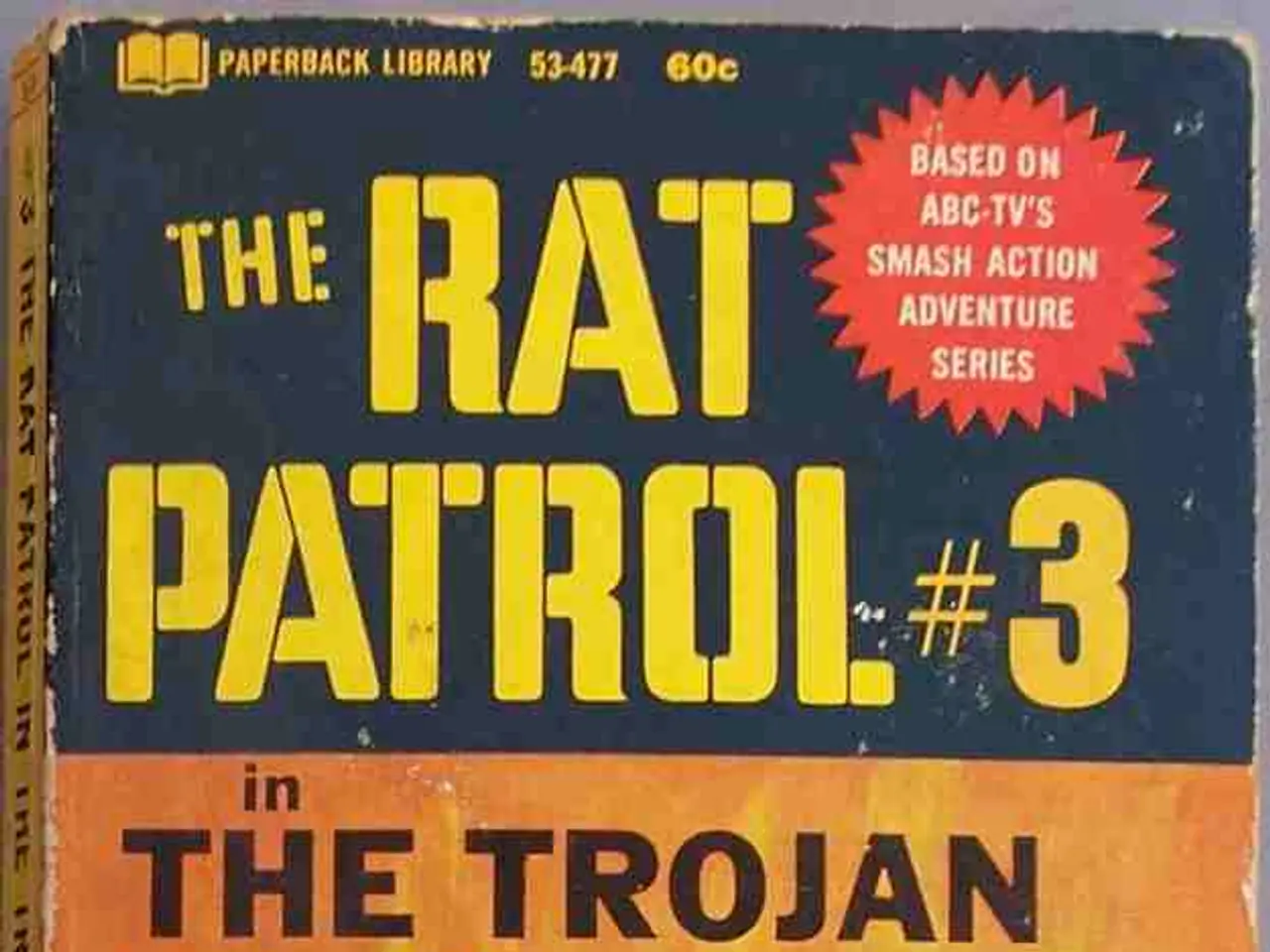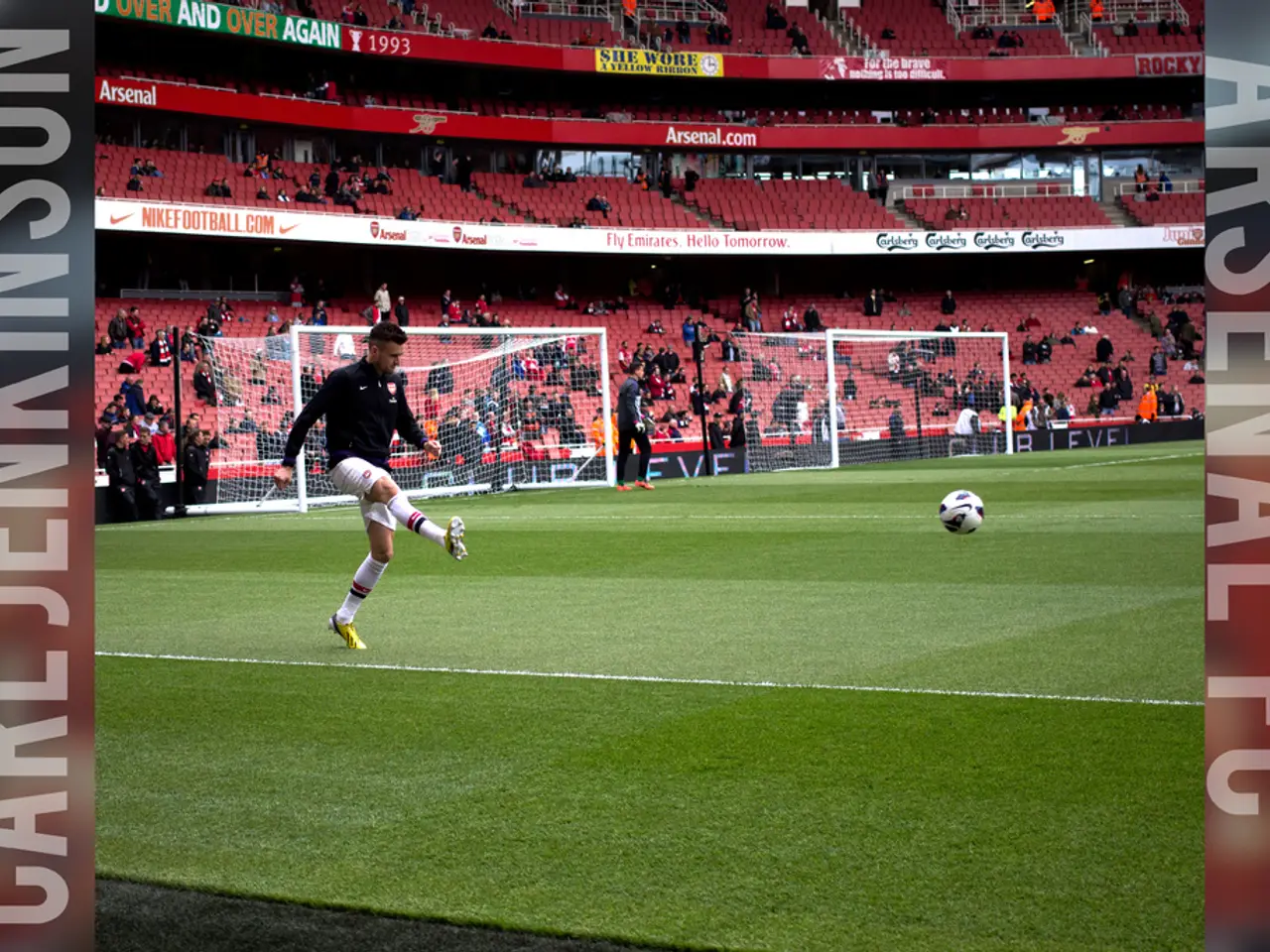Trump Intends to Relocate Nuclear Submarines Following Perceived Provocative Remarks from Russia
In a significant escalation of tensions between the United States and Russia, President Donald Trump has ordered the deployment of two nuclear-capable submarines to "appropriate regions." This decision comes in response to inflammatory comments from Dmitry Medvedev, the former Russian president and current deputy chairman of Russia’s National Security Council, about Russia's nuclear arsenal and its relationship with the US.
Medvedev, who served as president from 2008 to 2012, has been posting provocative comments on social media since the start of Russia's war in Ukraine in 2022. His statements, which often include nuclear threats and insults directed at Western leaders, appear aimed at appealing to hardliners within Russia’s political and military establishment and aligning himself closely with President Vladimir Putin’s hawkish stance.
On Thursday, Trump said at the White House that Russia's actions in Ukraine are "disgusting." He also imposed a deadline for Russian President Vladimir Putin to agree to a ceasefire in Ukraine or face tighter US sanctions. However, Trump expressed doubts about the effectiveness of sanctions, wondering aloud whether they would have any impact on Putin.
Medvedev, in response, wrote that each new ultimatum is a threat and a step towards war. He also referred to the US president's words, showing that "Russia is completely right and will continue on its chosen path."
The aerial bombardment in Ukraine came after a third round of peace talks between Ukraine and Russia last week ended with both sides agreeing they had made no significant progress towards a ceasefire. Trump has grown increasingly frustrated with his Russian counterpart's refusal to engage with peace efforts in Ukraine.
On Tuesday, Trump threatened Russia with "severe" tariffs and secondary sanctions against countries that buy Russian oil. The movements of the US's nuclear capable submarines, which are not typically announced publicly, were not confirmed by the Pentagon, which referred questions to the White House, which did not immediately respond to requests for comment.
Russia launched its second-deadliest attack of the war on Thursday, killing at least 11 people and injuring more than 100 in the Ukrainian capital. Trump, in response, told reporters on Friday evening that "we just have to be careful. A threat was made by a former president of Russia, and we're going to protect our people."
The deployment of the nuclear submarines comes ahead of a fresh deadline next week for a ceasefire in Ukraine. Putin, without mentioning Trump or his deadline, said on Friday that all disappointments arise from inflated expectations.
This marked escalation in tensions between the US and Russia has been met with concern from international observers, who warn of the potential for a nuclear conflict. The situation in Ukraine remains volatile, with both sides continuing to exchange threats and accusations.
[1] Additional reporting by Courtney Weaver and Polina Ivanova in Berlin.
- The deployment of two nuclear-capable submarines by President Trump, in response to inflammatory comments from Dmitry Medvedev, is raising concerns among international observers about the potential for war-and-conflicts, as the situation in Ukraine remains volatile.
- The political discourse between the United States and Russia, as shown by Medvedev's provocative comments and Trump's rhetoric about general-news events such as Russia's actions in Ukraine, indicates a further escalation of tensions, with each side backing hardliners and threatening the use of nuclear weapons.








